[tldr]
- I used to spend 45 minutes a day, six days a week at the gym. I didn’t turn into a bodybuilder. I stayed fat because I was overtraining and not listening to my body’s signals.
- Your body tells you exactly what you need to know about your sleep quality, stress levels, and overall performance. If you’re always tired, stressed, and/or sore, don’t go hard at the gym.
- Your body was built to move, but it’s important to adjust the intensity of your workouts accordingly. Do intense workouts no more than three times per week, with two days of rest between them. The rest of the week, make sure you’re still moving throughout the day.
[/tldr]
Contrary to every hardcore fitness commercial ever, your body isn’t actually a machine. When I weighed 300 lbs, I used to spend 45 minutes a day, six days a week lifting weights and running on the treadmill. I should have magically transformed into a bodybuilder — instead, I stayed fat.
After years of biohacking, I know better now. I was overtraining, which stressed my body and caused me to hold onto fat. It’s true that exercise increases your metabolism, detoxes your body, boosts brain performance, and makes you happier, especially if you’re doing high-intensity interval training (HIIT). However, it’s possible to reach a point of diminishing returns. Your brain and muscles need recovery time, whether you’re an athlete or just chronically stressed out.
How do you know when it’s time to take a break? As I write in my new book “Game Changers: What Leaders, Innovators, and Mavericks Do to Win at Life,” a hallmark of successful biohacking is the ability to tap into what your body is telling you and adjust accordingly.
Everyone is equipped with natural onboard sensors, commonly known as “feelings.” These feelings tell you exactly what you need to know about your sleep quality, stress levels, and overall performance. If I had paid attention to what my body was telling me years ago, I wouldn’t have wasted so much of my time and energy at the gym.
If you feel sore, tired, and stressed, you could be doing more harm than good by pushing yourself to hit the weights at maximum #beastmode every day. Keep reading to find out why you should listen to your body’s sensors — and what type of workout you should do to perform at your best in and out of the gym.
Related: 30-Day Bulletproof Body Workout Plan
Signs your body needs a break
Even if you feel okay after a late night, any biohacker worth their salt will tell you that your body is a dynamic, complicated organism with an internal state that varies from day to day, based on countless variables. If one of those variables is on the fritz — like your heart rate or your stress hormones — you increase your risk of injury, reduce your ability to recover, and hamper your overall performance. Here are a few key signs that you should plan for a light workout or no workout at all. Rest days: They’re good for you.
You didn’t sleep enough
If you feel groggy and fatigued because you didn’t sleep well, one of the worst things you could do is hit the gym and try to break your personal record on the squat rack. First of all, you’re wasting your time: Impaired sleep will decrease your performance in the weight room and mess with your mood.[ref url=”https://www.ncbi.nlm.nih.gov/pubmed/8112265″]
It also turns you into a drunk zombie. You wouldn’t work out after drinking four beers. I mean, you could, but you’d probably feel gross and throw up afterward. So, don’t try to complete an intense workout after pulling an all-nighter.
One study found that 17-19 hours without sleep produced effects equal to or worse than a blood alcohol level of 0.05% — the equivalent of 3-4 drinks over a 2-hour period.[ref url=”https://www.ncbi.nlm.nih.gov/pmc/articles/PMC1739867/”][ref url=”https://www.ncbi.nlm.nih.gov/pmc/articles/PMC4448946/”] That sleep-deprived drunkenness will slow your reaction time and impair your judgment, which increases your risk of injury. Low-quality sleep even causes your hormones to go haywire, which will impair your body’s ability to build muscle and burn fat after your workout.[ref url=”https://www.ncbi.nlm.nih.gov/pubmed/2757458″][ref url=”https://www.ncbi.nlm.nih.gov/pubmed/21550729″]
I’ve written extensively about the value of getting good, restful sleep because it directly impacts your brain function, muscle recovery, fat burning, and longevity. For nonathletes, six hours is more than enough time if you improve your sleep quality to make those hours count. If you’re working out regularly — as in, up to three intense workouts per week — aim for seven to nine hours of high-quality sleep. If you feel like you need more rest, adjust accordingly.
So, don’t go hard at the gym if you slept like crap the night before. If you really want to exercise, do something light — go on a long walk outdoors or do a gentle yoga flow.
You’re super stressed
Stress isn’t inherently good or bad. However, your body can only handle so much before it starts to take a toll — even if you aren’t consciously aware of its effects. Stress leaves you depleted: It impairs your motor coordination, slows exercise recovery, increases muscle tension, which raises your risk of injury.[ref url=”https://www.sciencedaily.com/releases/2011/01/110112132409.htm”] [ref url=”https://www.ncbi.nlm.nih.gov/pubmed/22688829″][ref url=”https://www.ncbi.nlm.nih.gov/pubmed/18395654″]
If you treat your after-work kickboxing class as stress-relief, I’m not saying you can’t keep hitting the heavy bags. I’m saying that going hard at the gym every night might not be the best way to deal with something major, like a breakup. (Sorry, Revenge Body.) Instead, save the hardcore workouts for when you’re at your best. You’ll reduce your chance of injury and have a better workout, and you’ll likely sleep better because your brain isn’t overstimulated.
Related: Stress Relief: How to Give Your Brain a Vacation
You’re always sore
A little bit of muscle tenderness is normal when you start a new workout routine, but chronic soreness is a red flag that your body needs a break. Exercise tears muscle fibers and breaks down muscle tissue. Give your body time to heal. Your muscles need anywhere from 24-72 hours to recover and repair themselves.[ref url=”https://www.ncbi.nlm.nih.gov/pubmed/21572353″]
That’s why in “The Bulletproof Diet,” I recommend intense exercise no more than one to three times per week, with at least two days of rest between your workouts. That doesn’t mean you should sit on the couch all day between gym sessions, though. Sitting all day is bad for you (shocking, I know). Your body was built to move. Take a walk, stand up from your desk, stretch out your neck, or all of the above. Check out these five ways to move more throughout your day.
To reduce muscle soreness on the days you work out, make sure you set yourself up for success. For dinner, eat some extra Bulletproof carbohydrates (like sweet potatoes and white rice) to help you recover faster. Yes, I’m telling you to eat carbs — they’re not evil. In fact, they’re good for you, especially when it comes to muscular repair. Carbs increase insulin, which carries protein and fat into your muscles.
Muscle tissue is repaired during deep sleep, so make sure you get extra shut-eye on the days you work out. How much sleep should you get? A 20-minute workout can increase your sleep needs by more than three hours a night. If you’re exercising more than two times per week, let your body sleep as much as it needs. If your schedule doesn’t allow that much sleep, you’re going to feel it — your muscles will feel fatigued, your workouts will suffer, and you won’t get the muscle gains you want. It’s better to work out less and have more recovery time than it is to lift heavy as often as possible.
I know, that sounds backwards, but think about it: Muscles don’t grow during a workout. They grow when they have time to repair themselves. If you don’t allow your body to recover, you won’t get swole, and you’ll feel crappy and weak. Eat a sweet potato and go to bed.
Your heart rate variability is low
Heart rate variability (HRV) is the rhythmic change in the space between each heartbeat. When you’re relaxed, your HRV naturally varies quite a bit — but when you’re stressed, your brain steadies your heart rate because it’s preparing your body to run away or fight.
If my HRV is low, I know my body is in a stressed state, even if I’m not consciously aware of it. Instead of a HIIT workout, which will just stress my body even more, I’ll take a break and do some meditation or yoga. When my HRV is high, I know my body is primed to perform because it’s well-rested. That means I can confidently tackle a weightlifting session like this 13-minute full-body dumbbell workout.
You can track your HRV with a heart rate monitor or Oura ring (my pick). If your data show that you have chronically low HRV, put on your biohacker hat and figure out why. Your body might be stressed (and therefore weak) because you’re dealing with a chronic low-grade infection, food sensitivity, or something toxic in your environment. In “Game Changers,” I recommend changing specific parts of your routine and paying attention to the way it makes you feel. Not sure where to start? Check out this list of 31 small steps to becoming Bulletproof.
How to track your data
I mentioned the Oura ring in the HRV section because it’s my favorite wearable device for trackable data about my sleep quality and stress levels. Tracking your data is such a big deal that it’s law 29 in “Game Changers” — “Track It to Hack It.” When you have your personal data in front of you, you can make observations about yourself that no one else can. Taking your health into your own hands is empowering. It’s biohacking 101. The thing is, those observations are only as good as the data you gather.
The Oura ring goes beyond the junk data you’ll get on other trackers, like fictional “calories burned” metrics. The useful data you want is heart rate, HRV, temperature, and sleep quality. If I’m planning to work out, but my Oura ring tells me I didn’t cycle into deep enough sleep the night before, I’ll take a rest day to help my body recover.
There are other ways to track your data so you can hack it. In “Game Changers,” Dr. William Davis (of Wheat Belly fame — listen to our most recent conversation on this episode of the Bulletproof Radio podcast) recommends taking your temperature first thing in the morning to check in with your thyroid.
Your temperature is a direct reflection of your thyroid function. If your thyroid is on the fritz, you might feel fatigued, anxious, depressed, or weak, among other symptoms you can check out here. You can tell something’s up if you have a low temperature first thing in the morning — when I first tried this technique in 2005, my morning temperature was an unhealthy 96 degrees. Talk to your functional medicine doctor to figure out an appropriate treatment plan.
You can even go the old-school paper and pen route to track mood, stress level, and sleep quality. On a sheet of paper, rate your sleep on a scale of 1 to 10 when you first wake up. Base the score on how good you feel, how stiff you are, how anxious you are, and how easy it was to wake up. This isn’t the most glamorous biohacker method, but it works.
On mornings when you feel like you had crappy sleep or a difficult time getting out of bed, think about your actions the day before. Did you have coffee later than usual, a really stressful day, or a huge meal too close to bedtime? Adjust accordingly. Record your results. Achieve greatness.



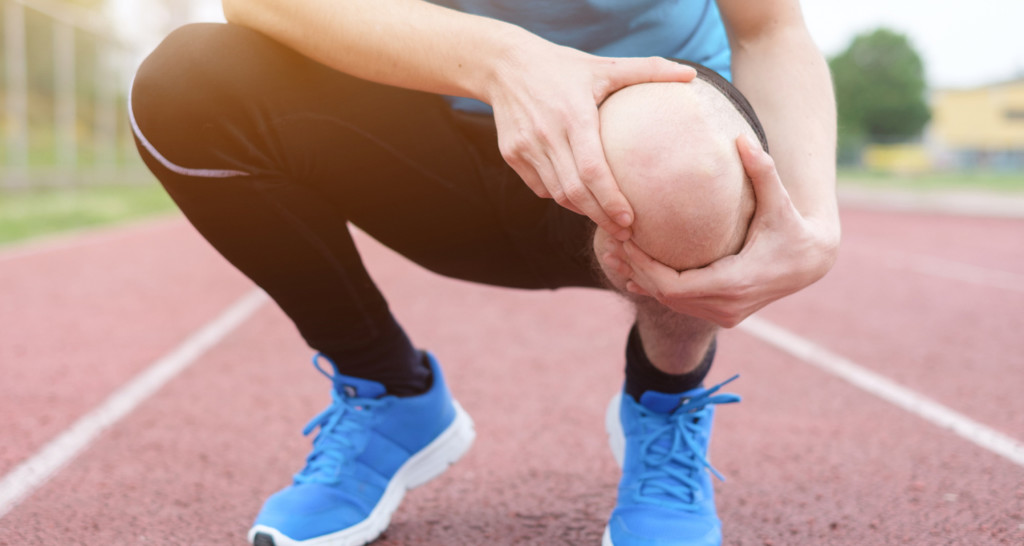
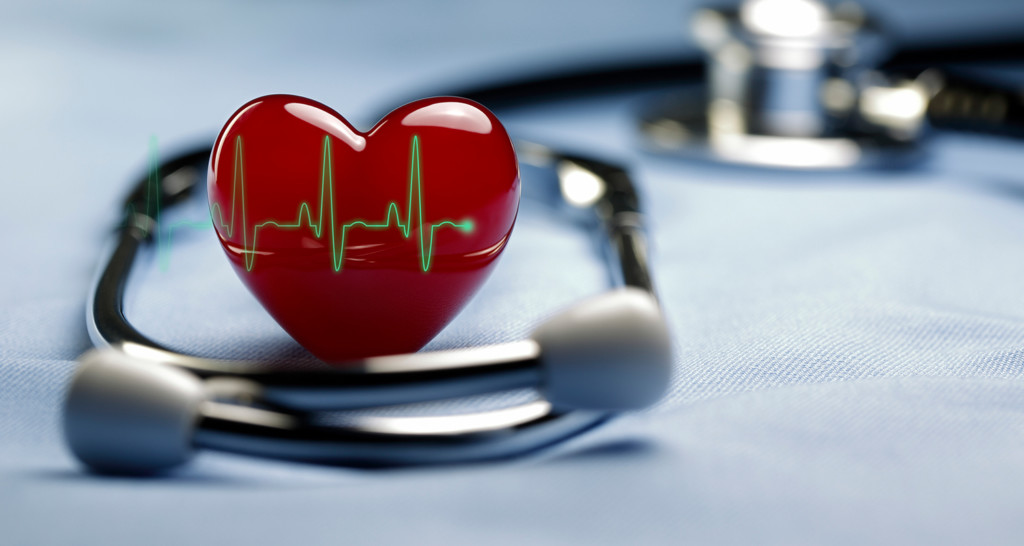

 Think about how you feel two hours after you eat a bowl of plain spaghetti, compared to how you feel after you’ve eaten sliced skirt steak with veggies and butter. After the pasta, you were probably stuffed for a little while, then a little tired, then after a short while you opened the fridge to see if there were leftovers.
Think about how you feel two hours after you eat a bowl of plain spaghetti, compared to how you feel after you’ve eaten sliced skirt steak with veggies and butter. After the pasta, you were probably stuffed for a little while, then a little tired, then after a short while you opened the fridge to see if there were leftovers.  Around 60% of your brain is made of fat, and around 25% of that is cholesterol. A substantial proportion of your brain and spinal nerves are made up of docosahexaenoic acid (DHA).[ref url=”https://www.ncbi.nlm.nih.gov/pubmed/15812120″] That’s why people on a low-fat diet feel tired and even spacey — your brain needs fat for both energy and to maintain itself.
Around 60% of your brain is made of fat, and around 25% of that is cholesterol. A substantial proportion of your brain and spinal nerves are made up of docosahexaenoic acid (DHA).[ref url=”https://www.ncbi.nlm.nih.gov/pubmed/15812120″] That’s why people on a low-fat diet feel tired and even spacey — your brain needs fat for both energy and to maintain itself. 

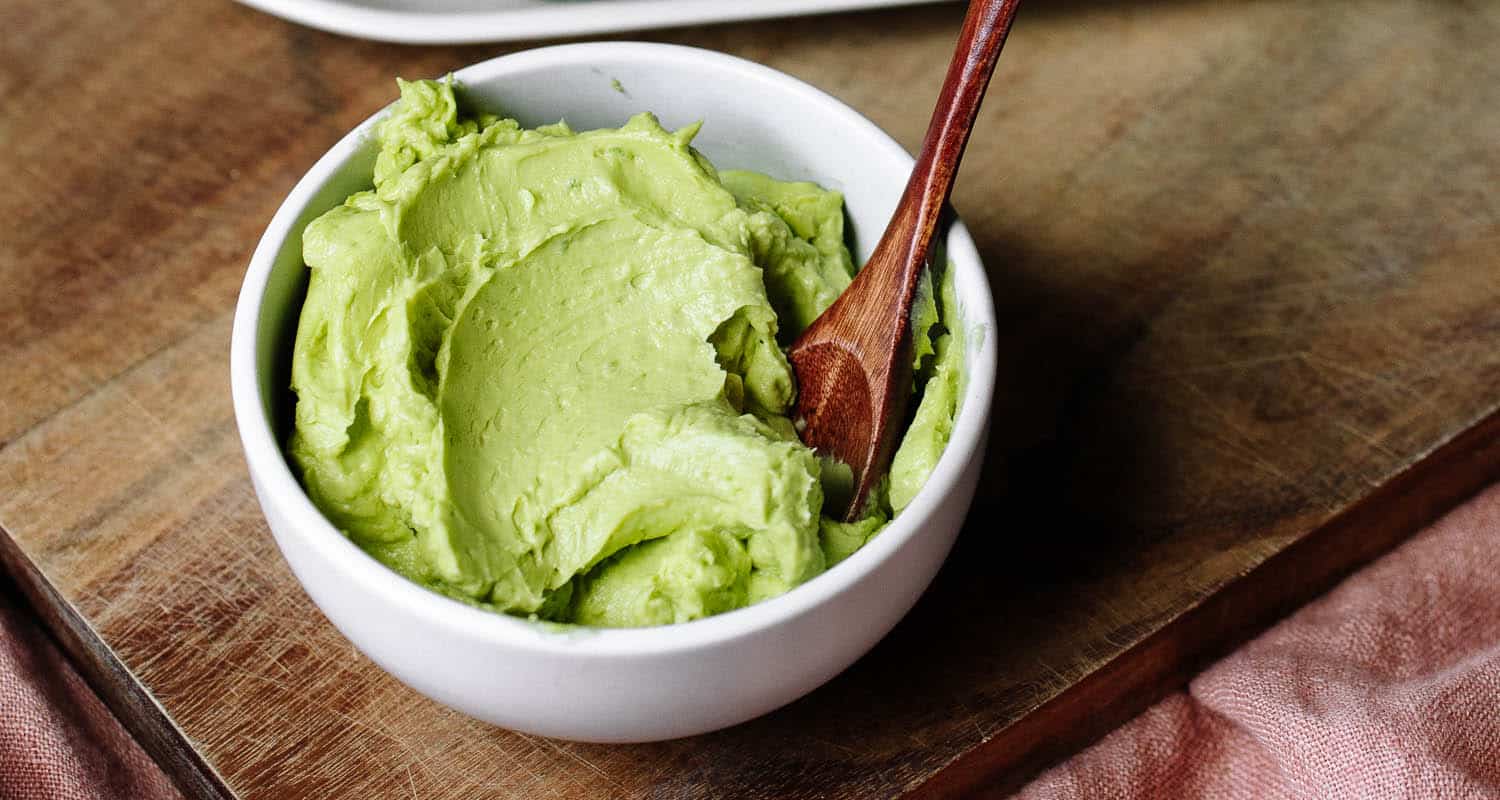


 The keto flu, aka carb withdrawal, generally kicks in at the 24- to 48-hour mark. Symptoms typically last from a few days to two weeks, and up to a month at most. Whether you experience its symptoms – and to what extent – depends upon your metabolic flexibility, meaning your ability to adapt to different fuel sources (
The keto flu, aka carb withdrawal, generally kicks in at the 24- to 48-hour mark. Symptoms typically last from a few days to two weeks, and up to a month at most. Whether you experience its symptoms – and to what extent – depends upon your metabolic flexibility, meaning your ability to adapt to different fuel sources (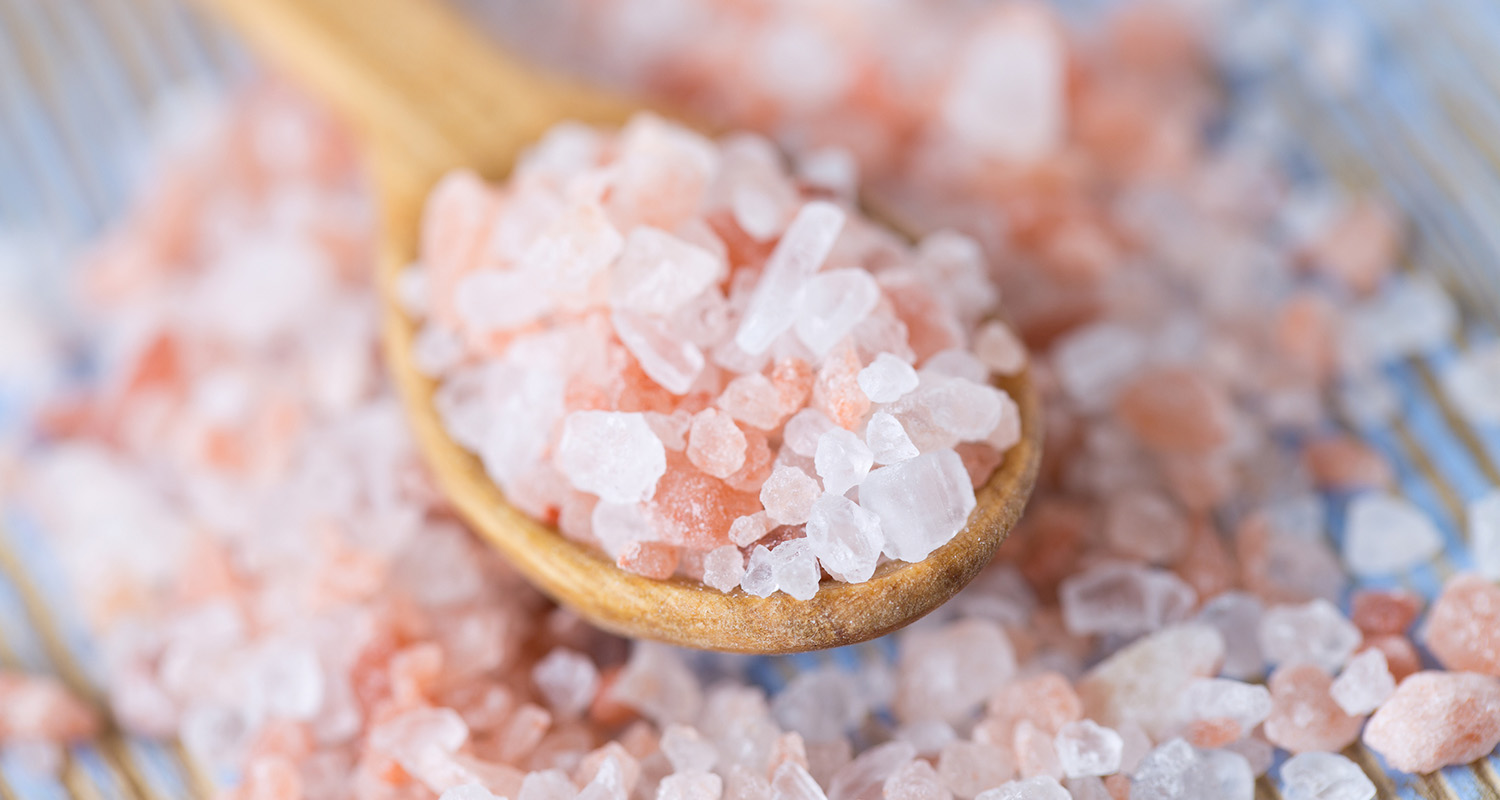 Take heart: if you’re experiencing any discomfort, there are things you can do to minimize your unease and conquer the keto flu. Elevated energy and optimal performance are just on the other side of those symptoms. You got this.
Take heart: if you’re experiencing any discomfort, there are things you can do to minimize your unease and conquer the keto flu. Elevated energy and optimal performance are just on the other side of those symptoms. You got this. 
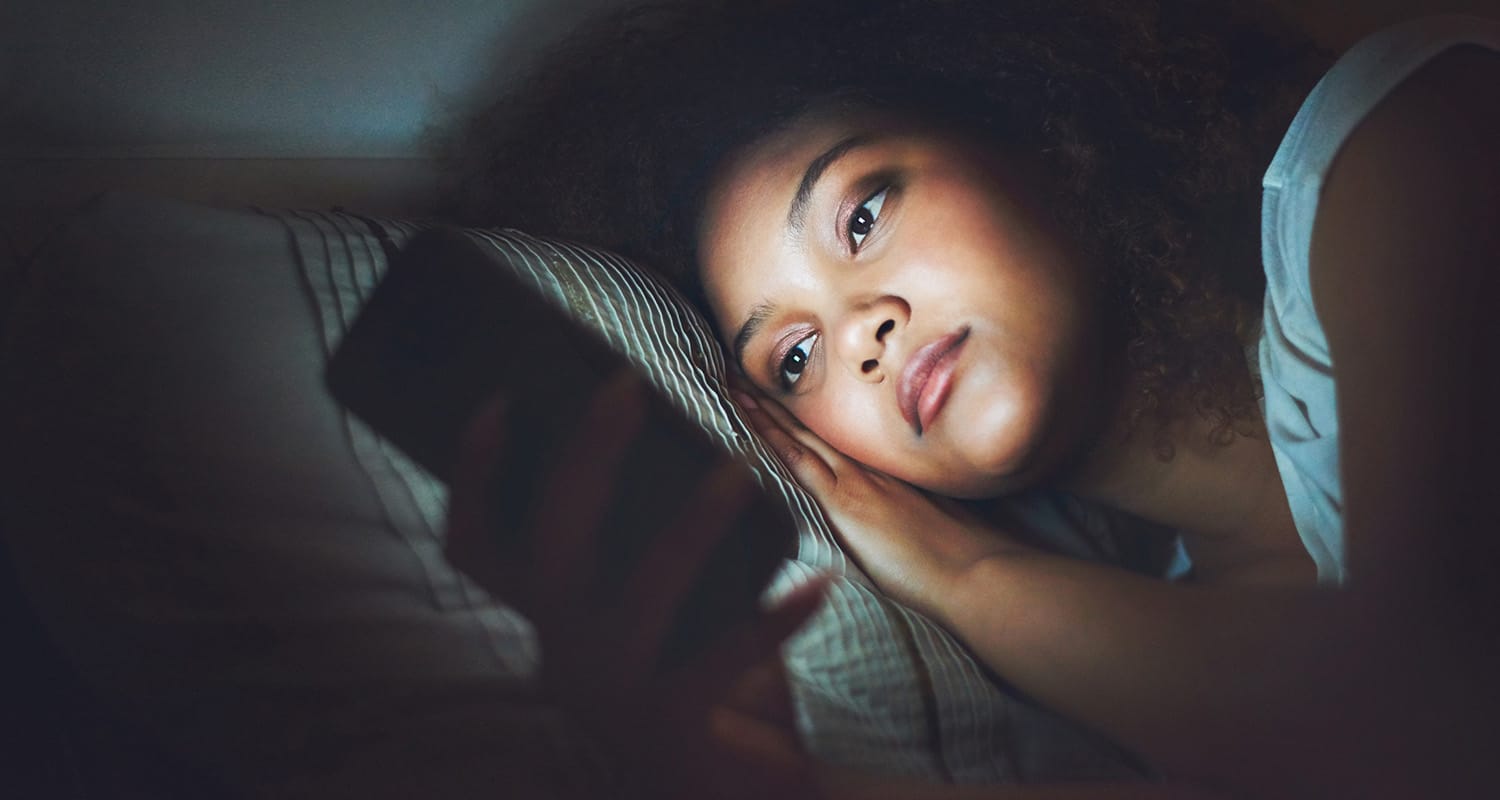 Unless your brain surgeon told you otherwise, you have a working pineal gland. So, you must be making melatonin, right?
Unless your brain surgeon told you otherwise, you have a working pineal gland. So, you must be making melatonin, right?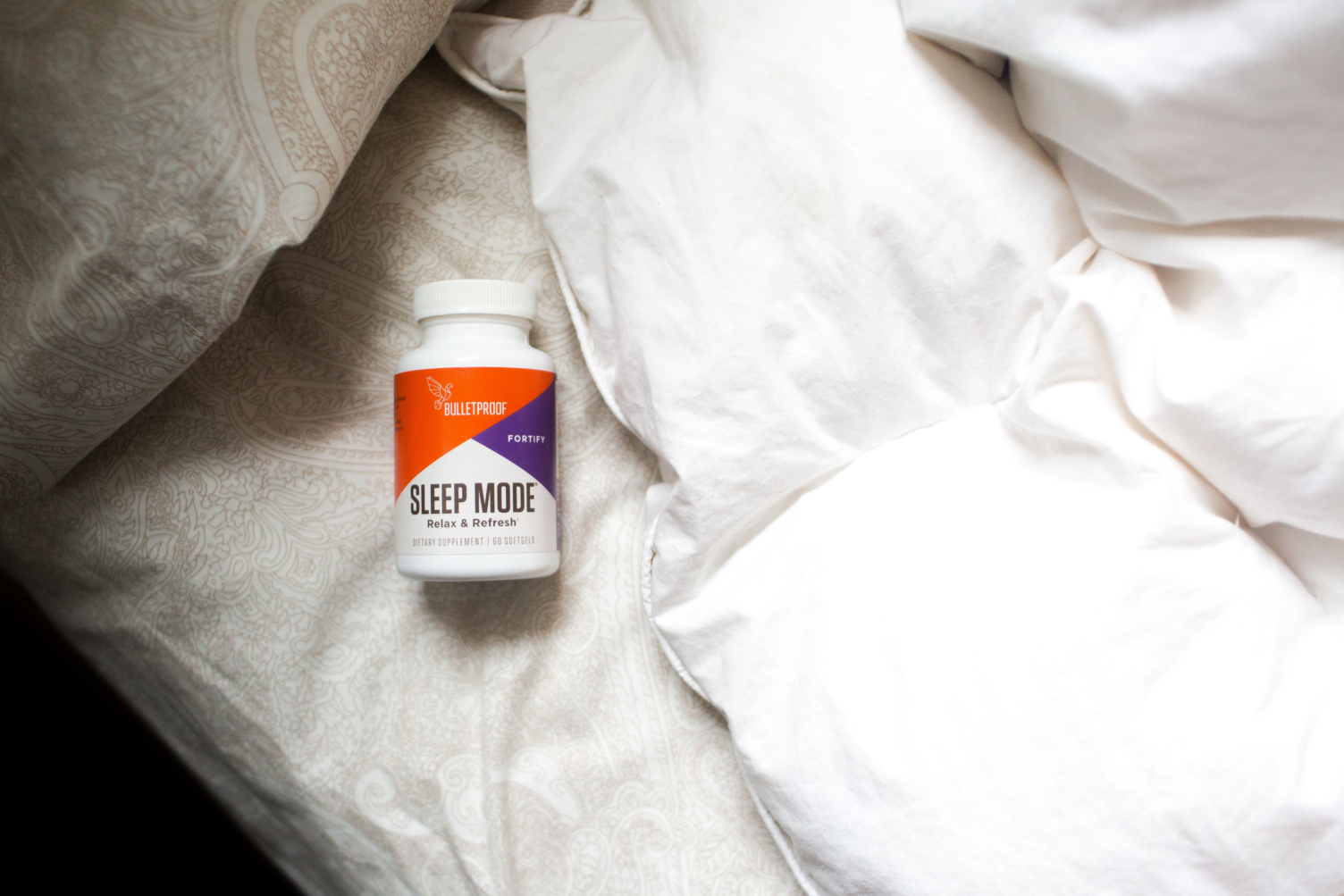 If you do overnight shift work or work into the night, a melatonin supplement is absolutely crucial. With artificial light, on top of active and rest times that aren’t in line with your body clock, your pineal gland is likely releasing melatonin when you want to be awake and holding back when you’re ready to sleep.
If you do overnight shift work or work into the night, a melatonin supplement is absolutely crucial. With artificial light, on top of active and rest times that aren’t in line with your body clock, your pineal gland is likely releasing melatonin when you want to be awake and holding back when you’re ready to sleep. When I’m around junk light during the day, I’ll wear my amber
When I’m around junk light during the day, I’ll wear my amber 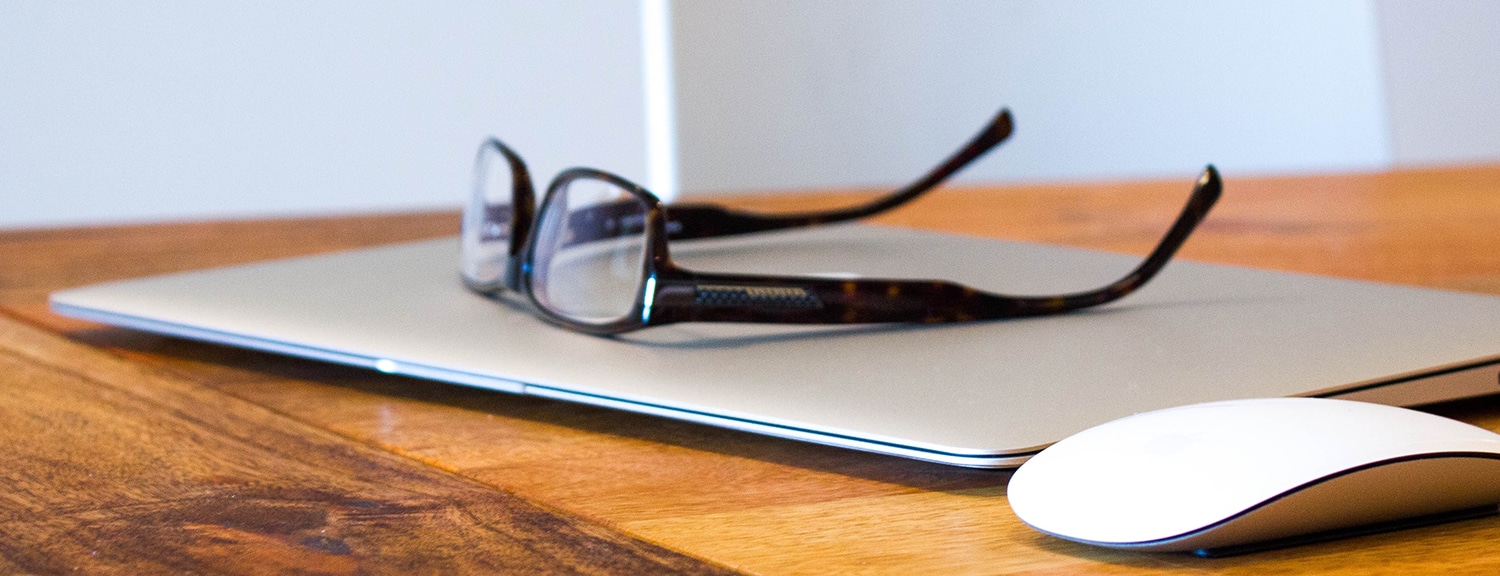 For more information about sleep hormones and better sleep, check out these Bulletproof Radio episodes where I dig deep into sleep science with the leading sleep experts.
For more information about sleep hormones and better sleep, check out these Bulletproof Radio episodes where I dig deep into sleep science with the leading sleep experts.